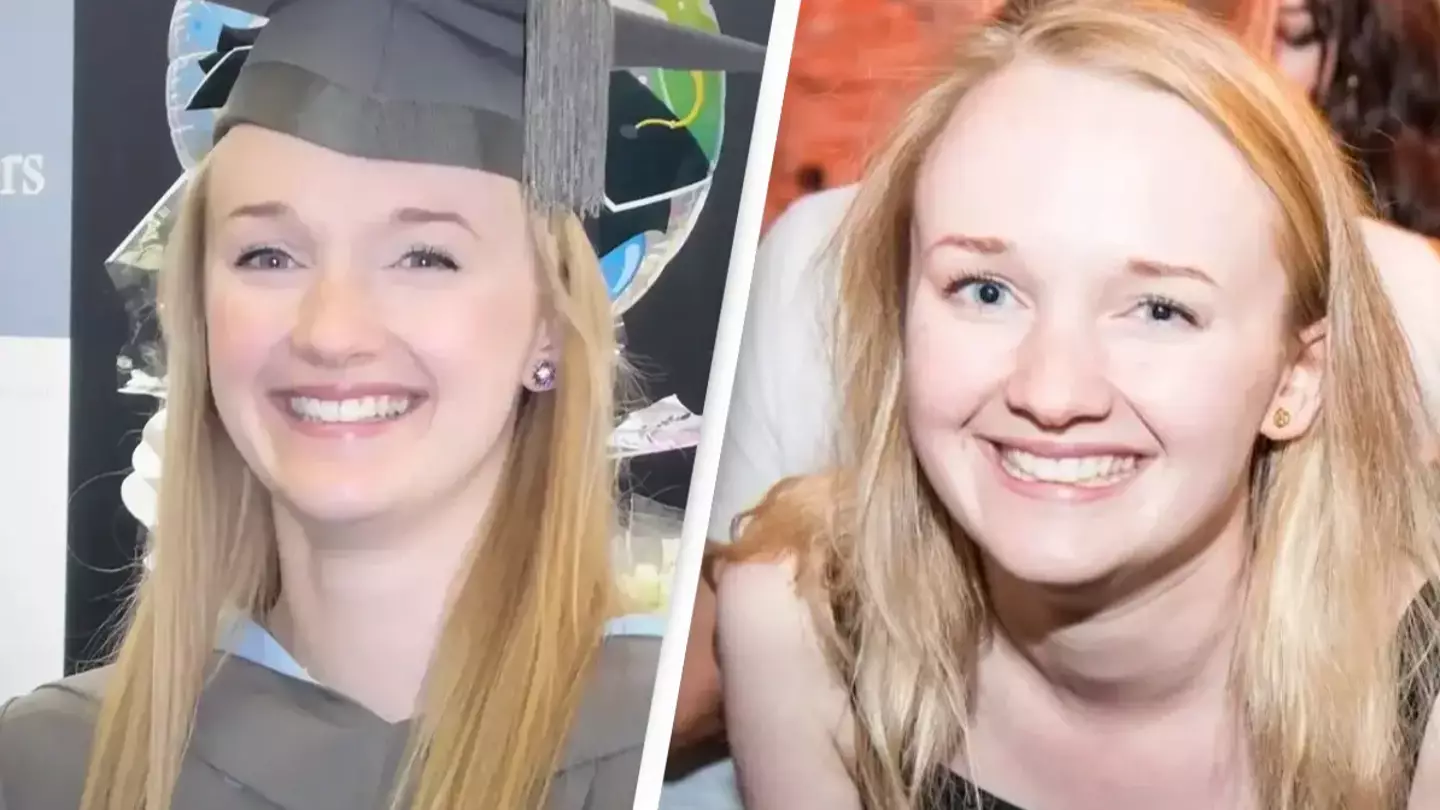
Jessica Brady began to feel unwell during the summer of 2020 – a time where most of the world stood still due to the Covid-19 pandemic.
Back then, face-to-face GP consultations had been replaced with virtual appointments – which meant Jessica wasn’t able to get the support she would typically receive from her doctor.
Andrea Brady, Jessica’s mom, explained to The Mirror: “She had been ill for six months, but the spring/summer lockdown meant face-to-face consultations with her GP were restricted and numerous antibiotics were prescribed, even in the absence of a physical examination.

Jessica Brady was dismissed by doctors 20 times, according to her family (Jessica Brady Cedar Trust)
Jessica’s family, from the UK, told The Telegraph that a pattern emerged as she would ring the doctors surgery, speak to a dismissive receptionist, before a GP would later hear about her symptoms over the phone and prescribe her with medication.
The family said Jessica had 20 GP appointments and two A&E visits, and not once did a medical professional discuss the idea of cancer.
A private doctor eventually diagnosed Jessica with stage four adenocarcinoma in November 2020, with the cancer having spread to her spine, liver, stomach, lungs and lymph nodes by the time of diagnosis.
Jessica was admitted to hospital after her diagnosis, where she stayed until she passed away at the age of 27 in December 2020.
“In trying to make sense of what happened to Jess, I began to realise that Jess’s age was a major stumbling block to achieving a necessary swift and accurate diagnosis,” Andrea continued.
Jessica’s family have since gone on to launch the Jessie Brady CEDAR Trust, which campaigns for awareness and a change in the law for how young people are diagnosed with cancer.

Jessica died in December 2020 aged just 27 (Jessica Brady Cedar Trust)
“It is so important to us that Jessica is remembered and she continues to make a difference,” a site for the trust states.
“She was passionate about raising awareness. In trying to make sense of what has happened, we recognise that Jess’ young age was a major stumbling block in achieving an accurate diagnosis. Our unexpected journey with Jess has highlighted the need for more support, funding, and research.”
The new law would see a patient’s case be ‘elevated for review’ after three visits to the doctor regarding an ongoing condition or symptom.
A Department of Health and Social Care spokesperson told The Telegraph: “It is clear opportunities to diagnose Jessica sooner were missed and the Secretary of State has met her parents on two occasions to discuss how to prevent similar tragedies happening in future.”


